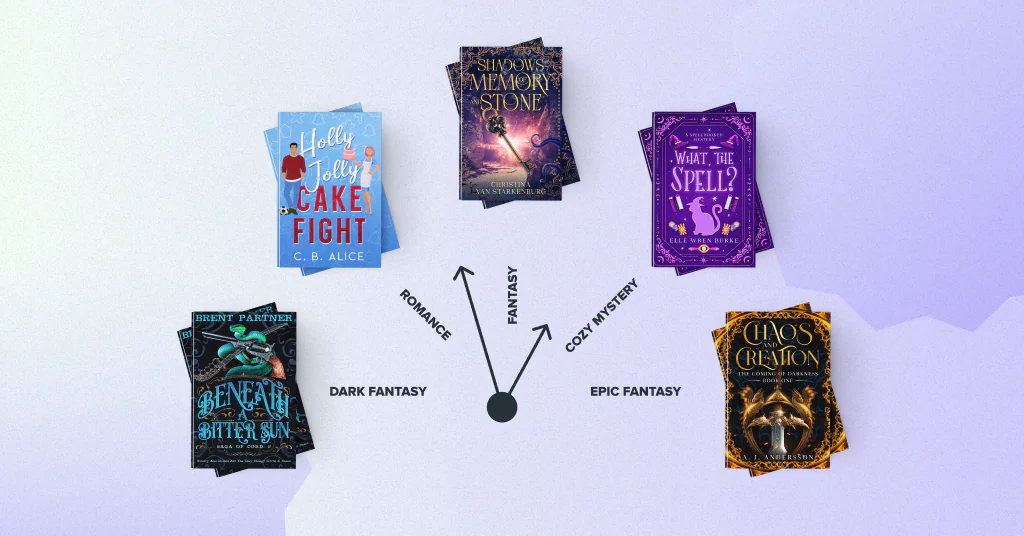If you’re planning to write a novel, one of the first steps is figuring out how to choose the right genre for your book. Genre shapes everything, from the story’s tone and structure to the kind of readers you’ll reach and how your book will be marketed.
In this guide, we’ll break down what genre really means, look at the most common of them, and offer tips to help you find the one that fits your book and your writing career.
As a bonus, we’ll also show you cover designs in different genres for inspiration.
Let’s dive in!
What is genre, and why is it important?
Genre is simply the category your book belongs to, like romance, fantasy, thriller, or historical fiction. Each one helps set the mood for your story and gives readers a sense of what they’re getting into before they even open the first page.
Why does it matter? Because genre shapes expectations. A reader picking up a mystery wants twists and tension. Someone reaching for a romance expects emotional stakes and a satisfying connection. If your fiction book doesn’t deliver what the genre promises, even great writing can fall flat.
Genre also acts as a guide for you as an author. It can help you make creative decisions, from plot structure to pacing and even your book cover.
Moreover, knowing your genre is essential when publishing your book on Amazon. This way, you will be able to choose the most appropriate categories and optimize your novel, so more readers can find it.
What book genres are out there?
There are a lot of genres to explore, from heart-pounding thrillers to magical fantasy worlds. Let’s explore them step by step.
Book genres according to age
Before diving into themes and story types, it helps to look at how books are grouped by age category.
- Children. Books for children are usually short, colorful, and easy to read. They focus on simple stories, fun characters, and clear lessons. These books are often read aloud by parents or teachers, so rhythm and repetition matter too.
- Middle grade. Middle grade books are for readers roughly aged 8 to 12. Stories often feature kids as main characters and focus on friendship, adventure, and growing up. The tone stays light, and there’s usually no intense romance or dark themes.
- Young adult. YA books are written for teens, but lots of adults enjoy them too. These stories often explore identity, relationships, and big emotions. In young adult fiction, you’ll find everything from fantasy and sci-fi to contemporary drama, often with fast pacing and strong character arcs.
- Adult. Adult books are aimed at readers 18 and up. The themes can be more complex and include everything from romance and mystery to literary fiction and speculative worlds. There’s more freedom to explore darker or more nuanced topics.
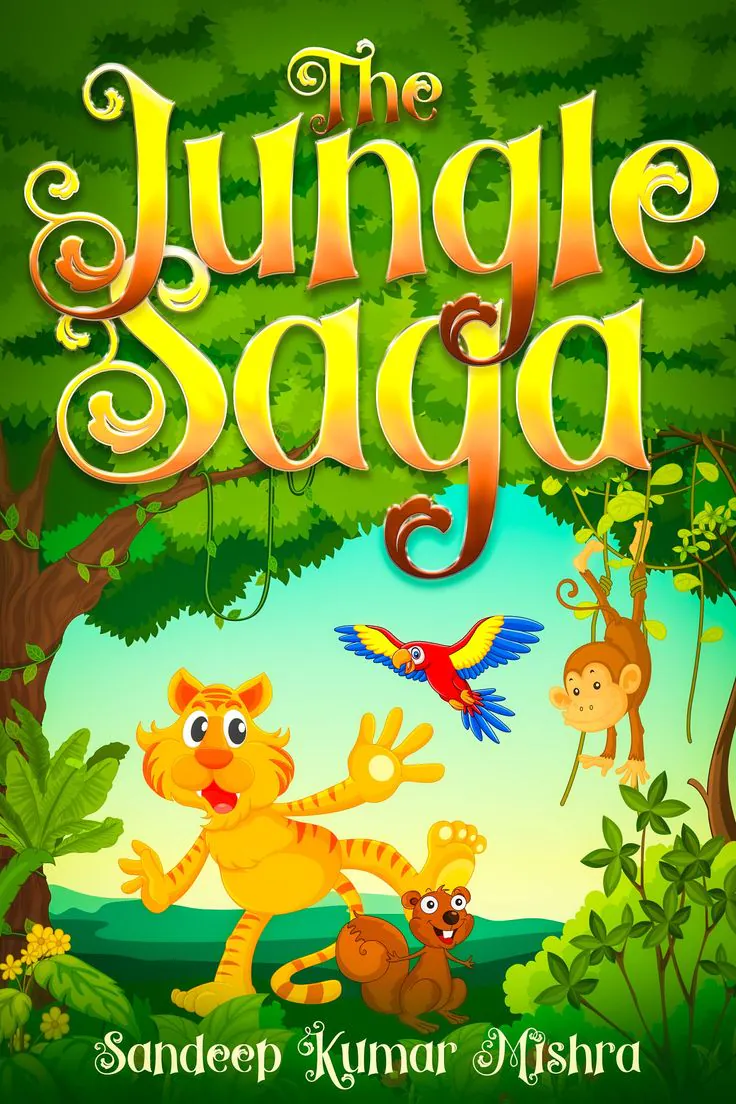  |
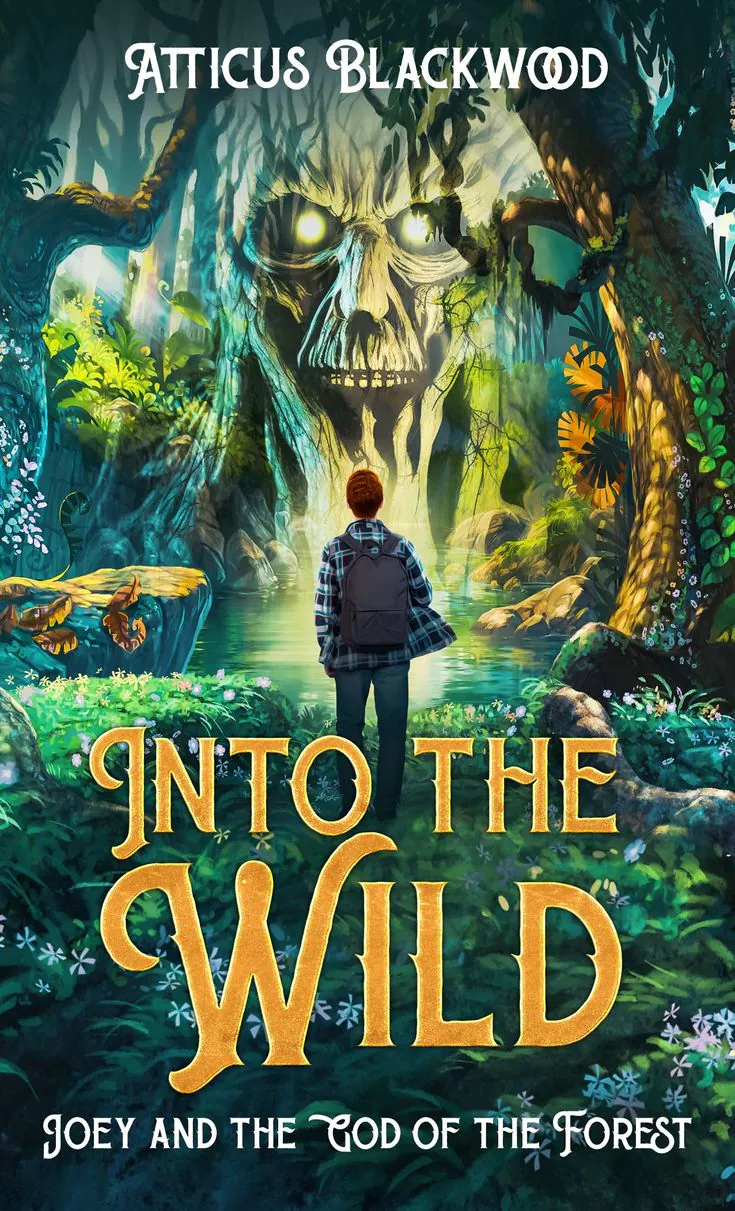  |
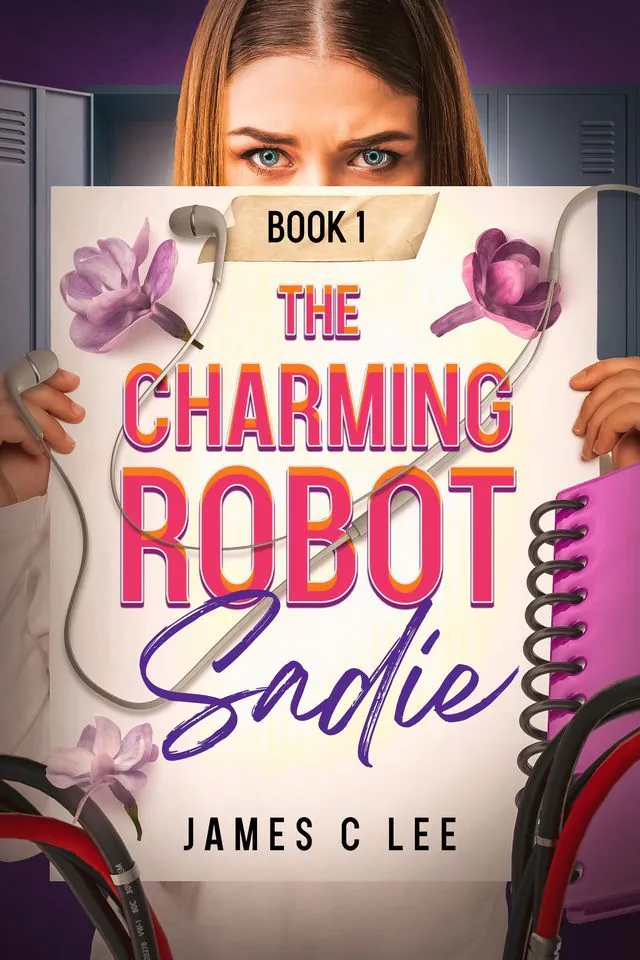  |
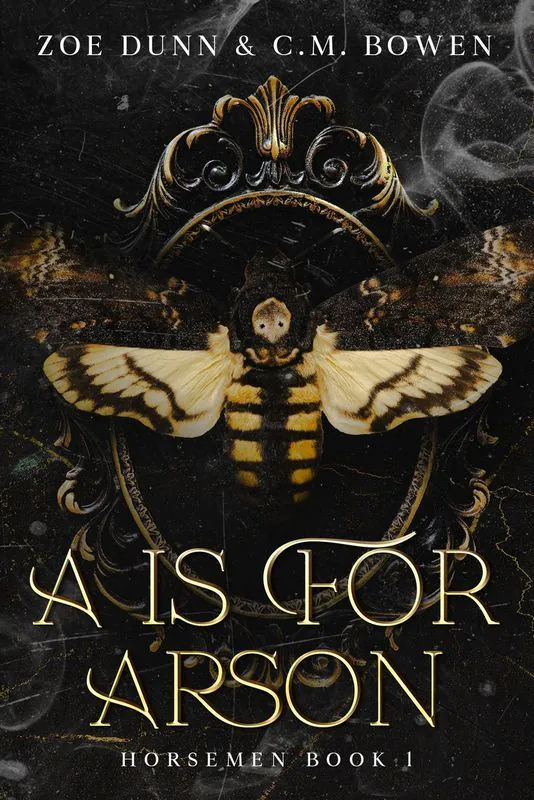  |
Book cover design by Getcovers
Most well-known fiction genres
Now that we’ve looked at age categories, let’s explore some of the most popular fiction genres. Each one comes with its own genre elements, tropes, tone, and reader expectations, and understanding them can help you find the best fit for your story.
Fantasy
Fantasy brings magic into the mix. Whether it’s dragons, chosen heroes, or ancient kingdoms, fantasy builds entire worlds with their own rules. It can be epic and sweeping, or grounded and intimate, depending on the story you want to tell.
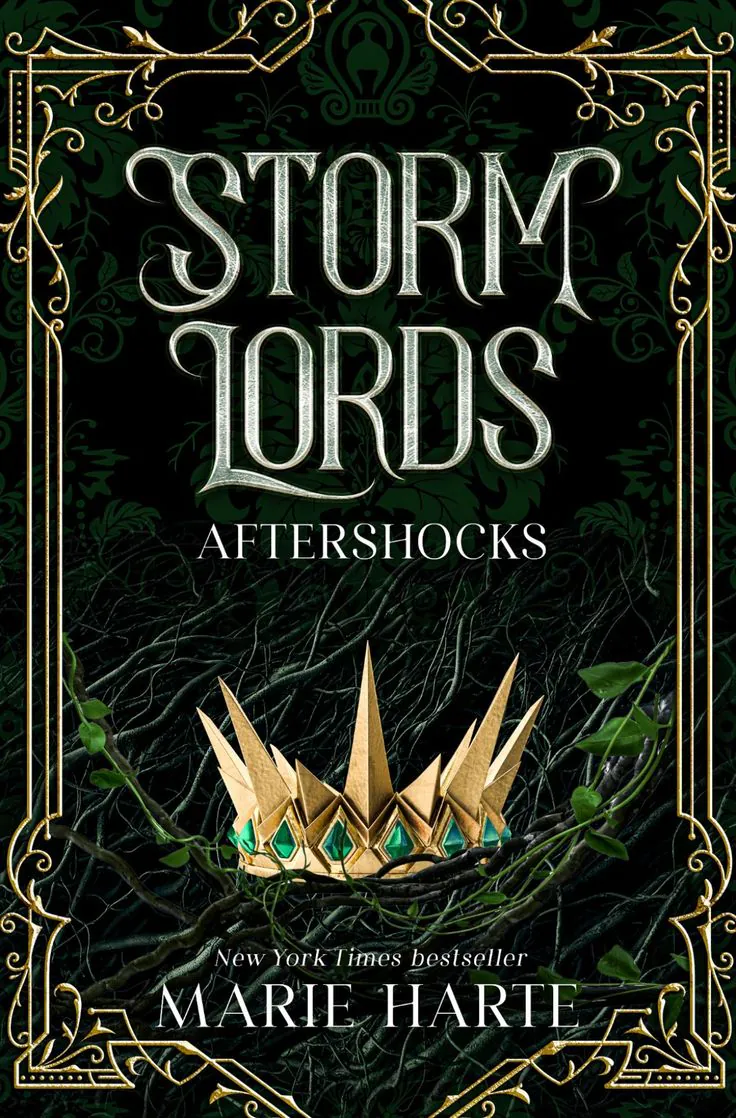  |
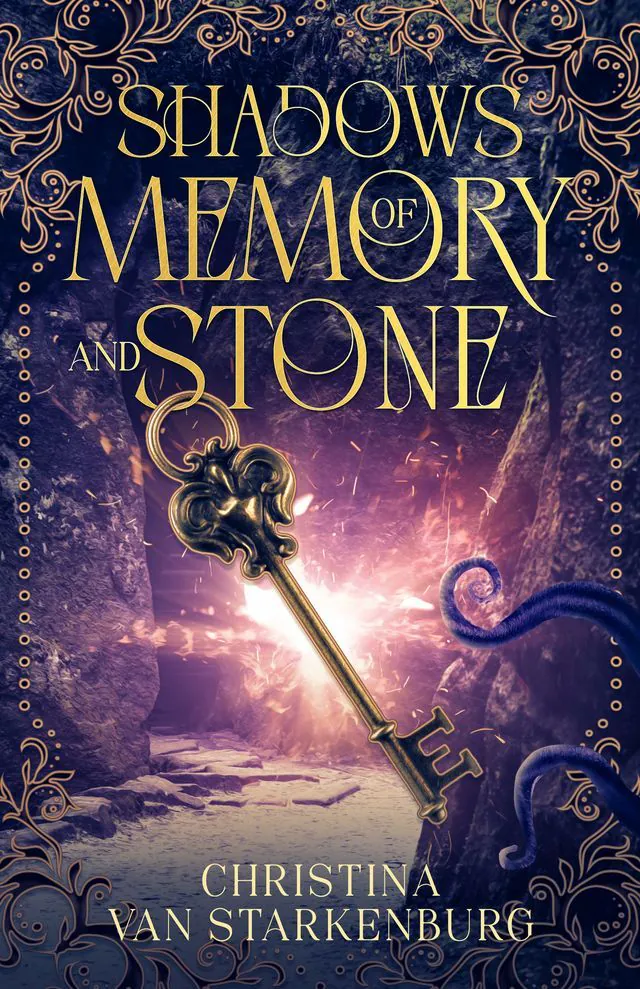  |
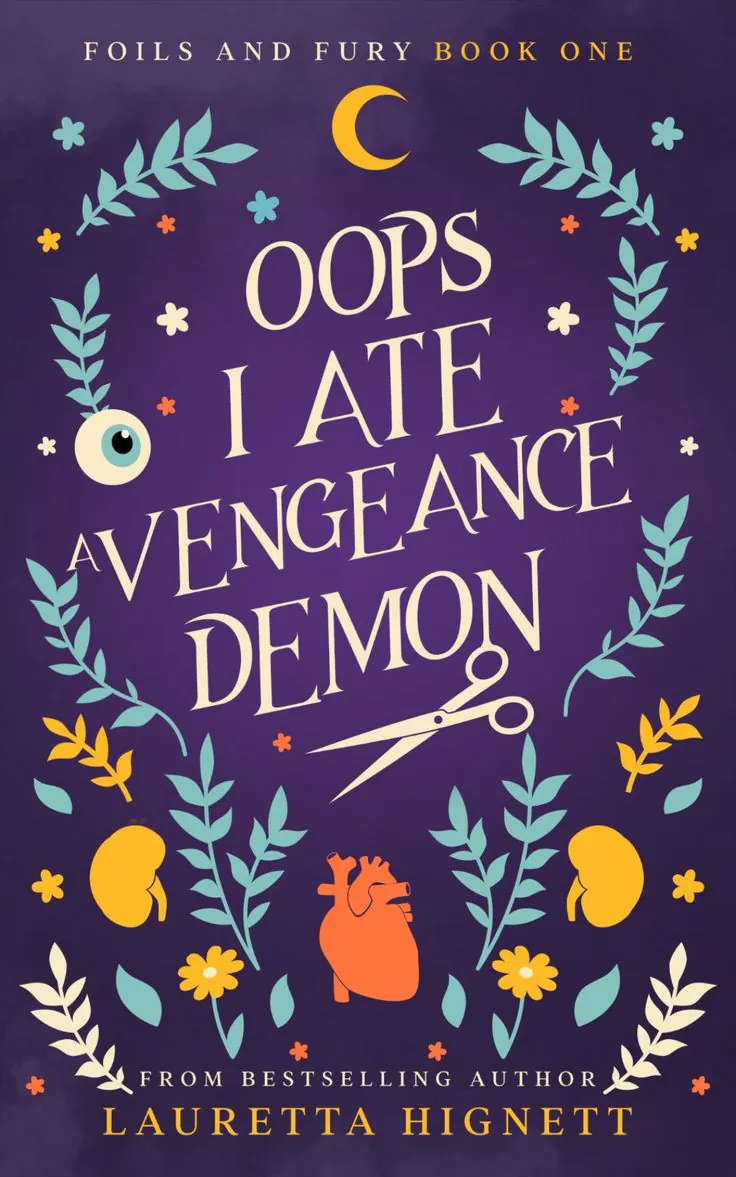  |
Book cover design by Getcovers
Romance
Romance is all about relationships, emotions, and a satisfying love story. The focus is on the connection between two people and the challenges they face on the way to their happy ending (or at least a hopeful one). There can be plenty of subgenres too, like paranormal romance, rom-com, or spicy contemporary.
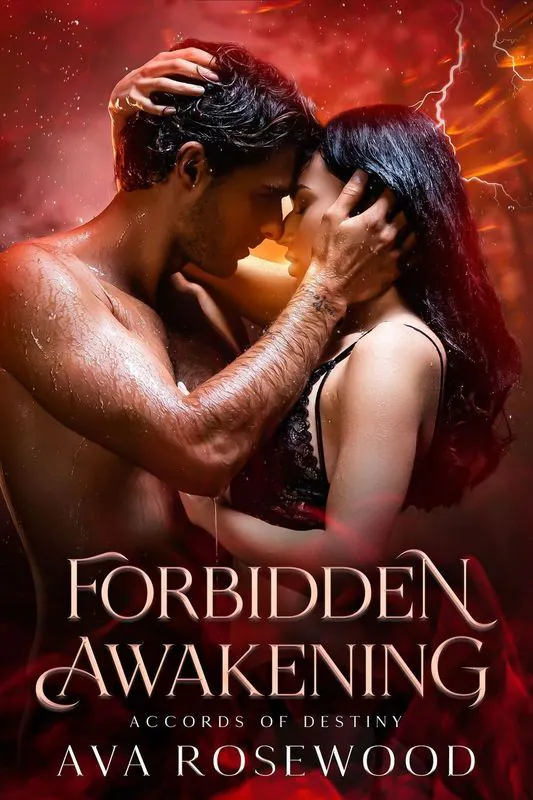  |
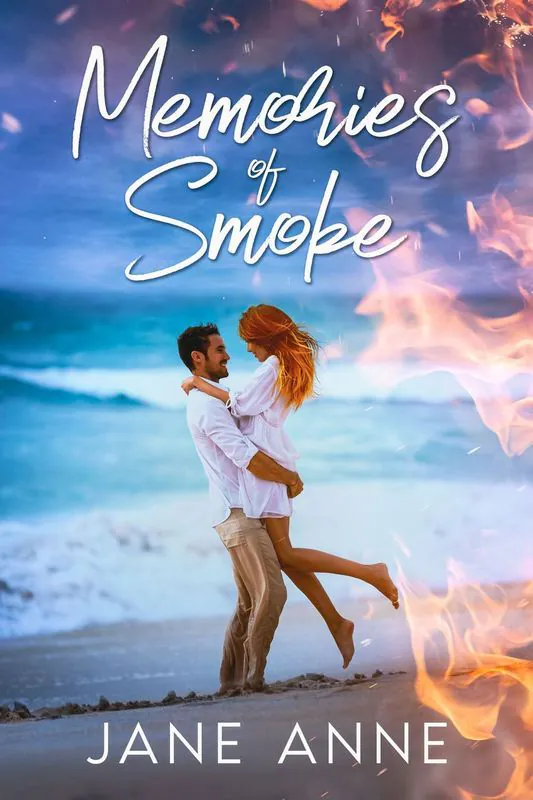  |
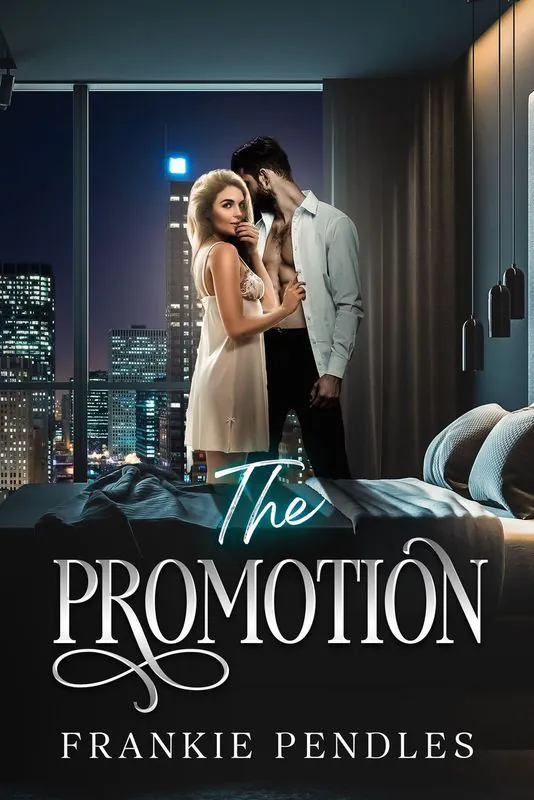  |
Book cover design by Getcovers
Mystery
In a mystery, there’s usually a puzzle to solve, often a crime, like a murder. The main character, whether a detective or an amateur sleuth, follows clues and uncovers secrets along the way. Mysteries can be cozy, gritty, or somewhere in between.
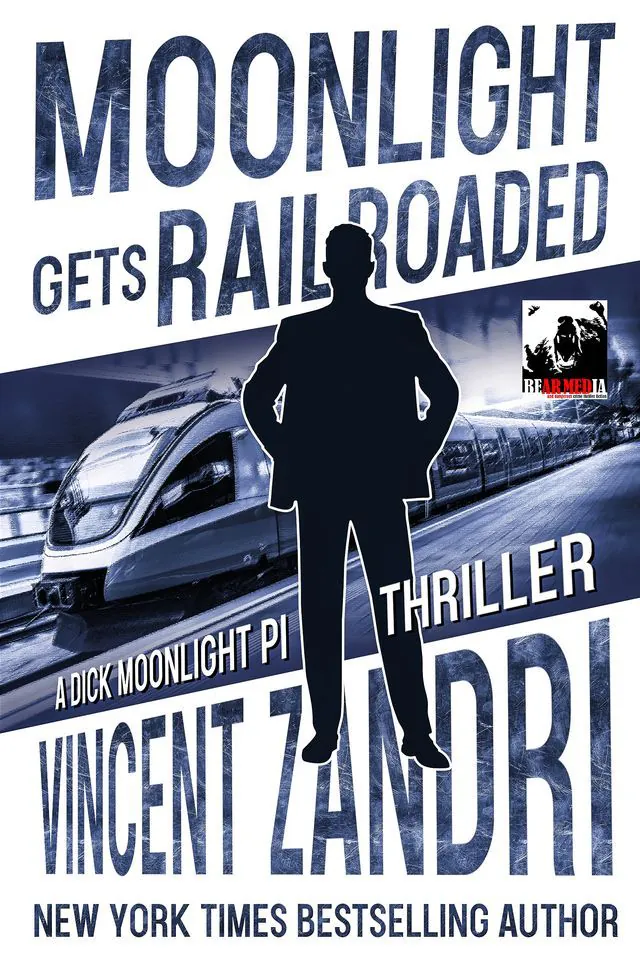  |
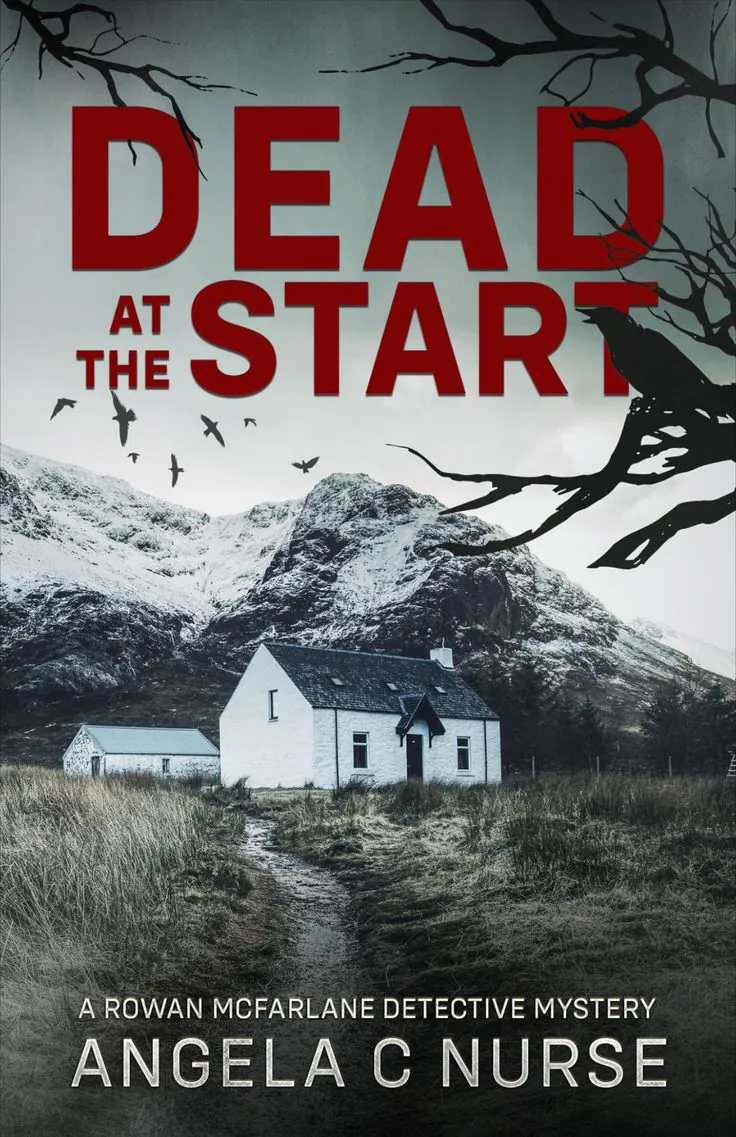  |
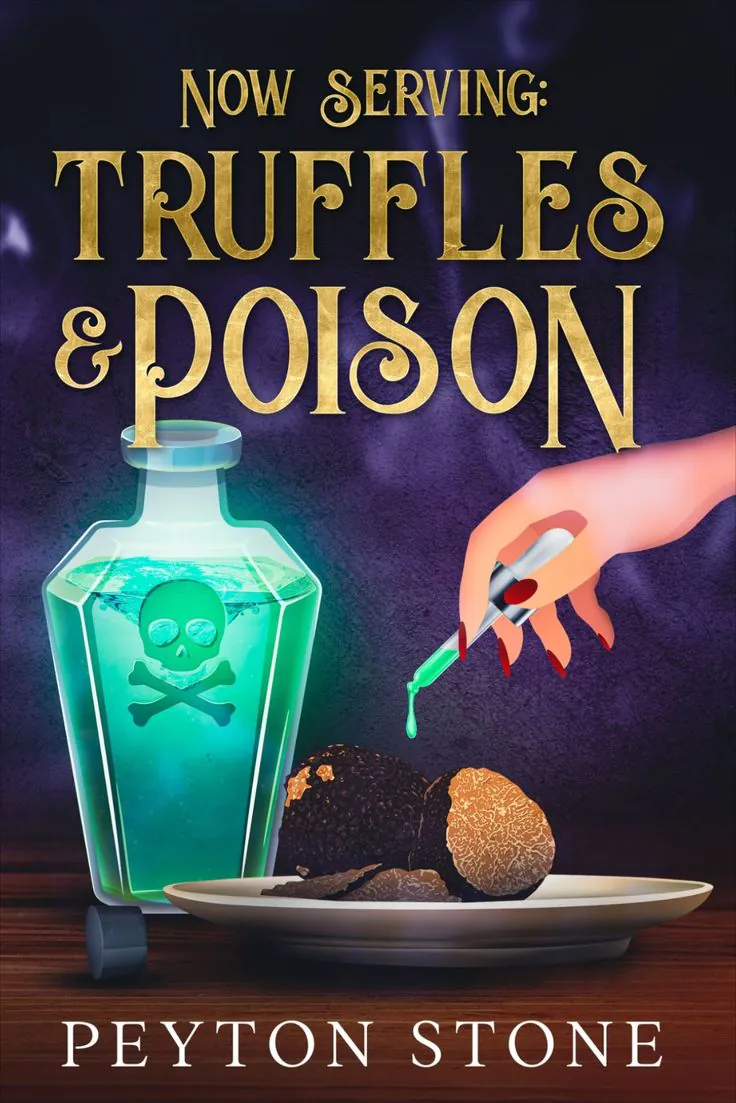  |
Book cover design by Getcovers
Thriller
Thrillers bring high stakes, fast pacing, and a sense of danger. The goal is to keep readers on edge, turning pages to see what happens next. Think of spies, crimes, conspiracies, or survival stories where the tension never lets up.
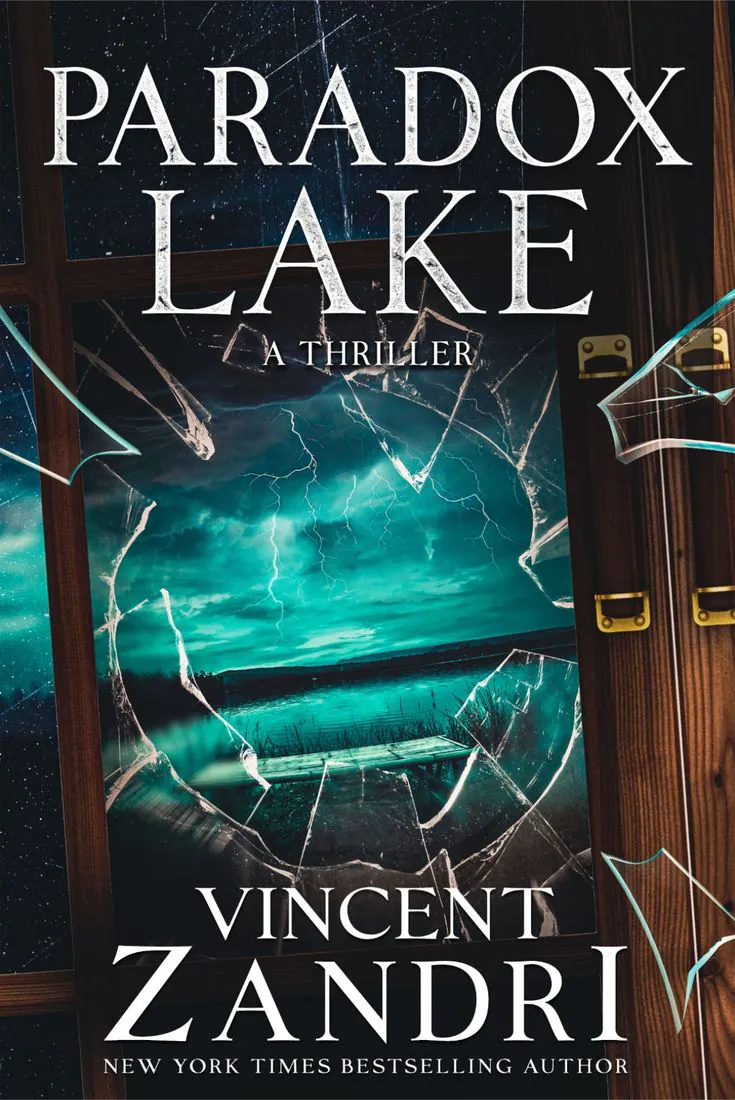  |
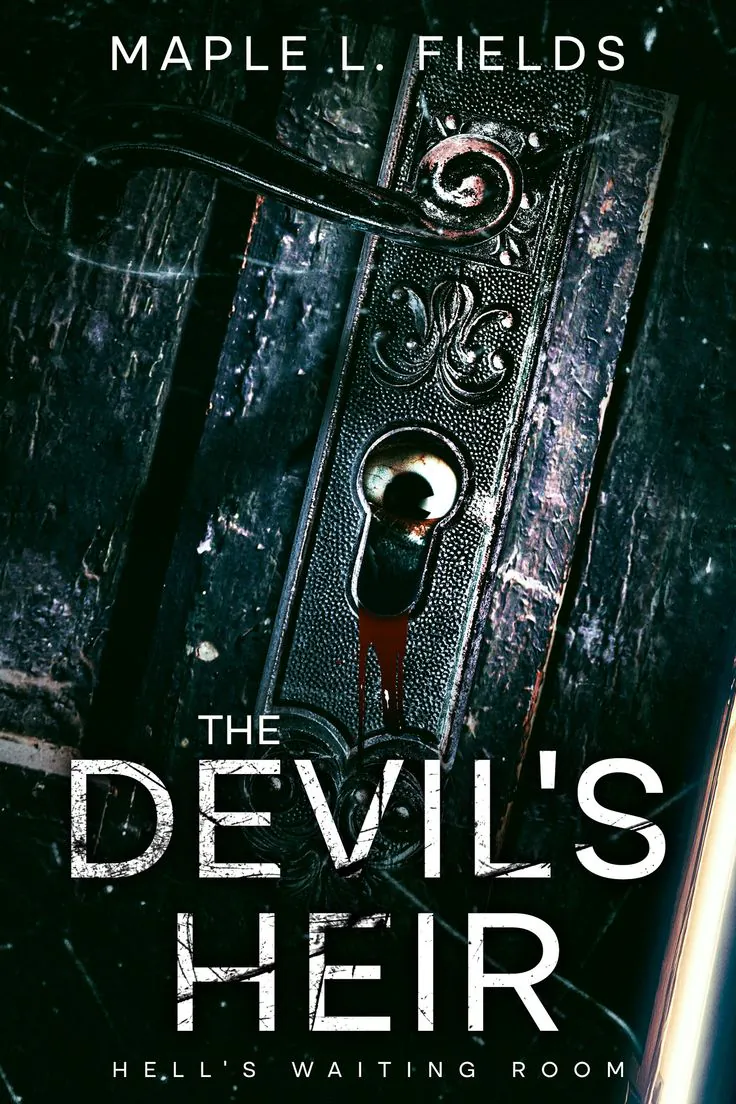  |
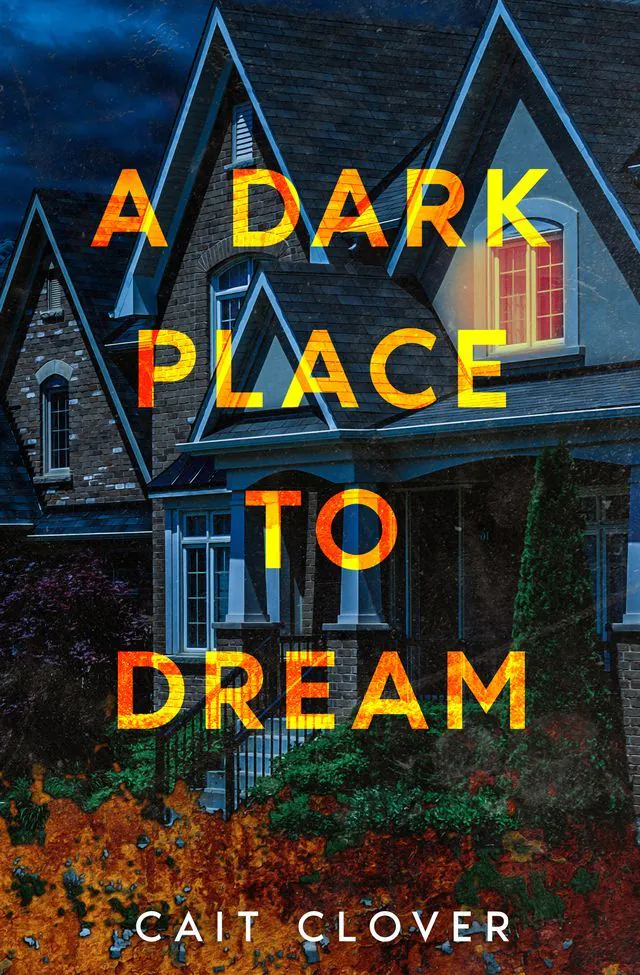  |
Book cover design by Getcovers
Horror
Horror is designed to scare, disturb, or unsettle. These stories often explore fear, whether it’s supernatural creatures, haunted places, or the dark side of human nature. Good horror goes beyond jump scares and taps into deeper emotions.
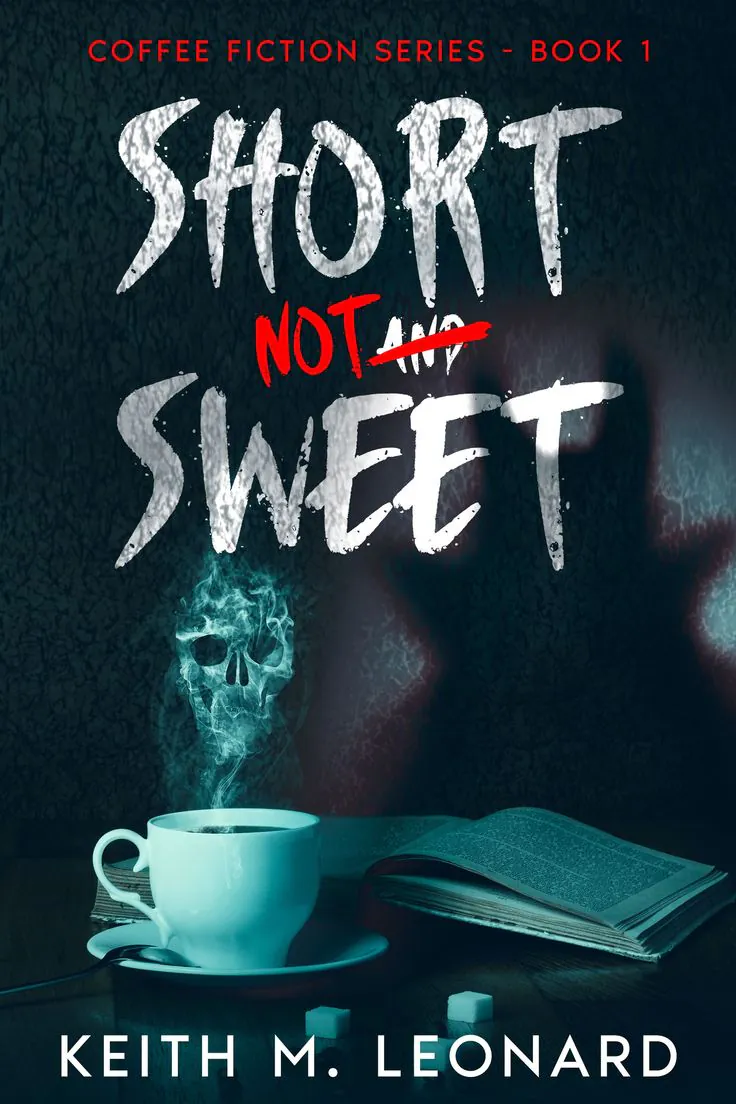  |
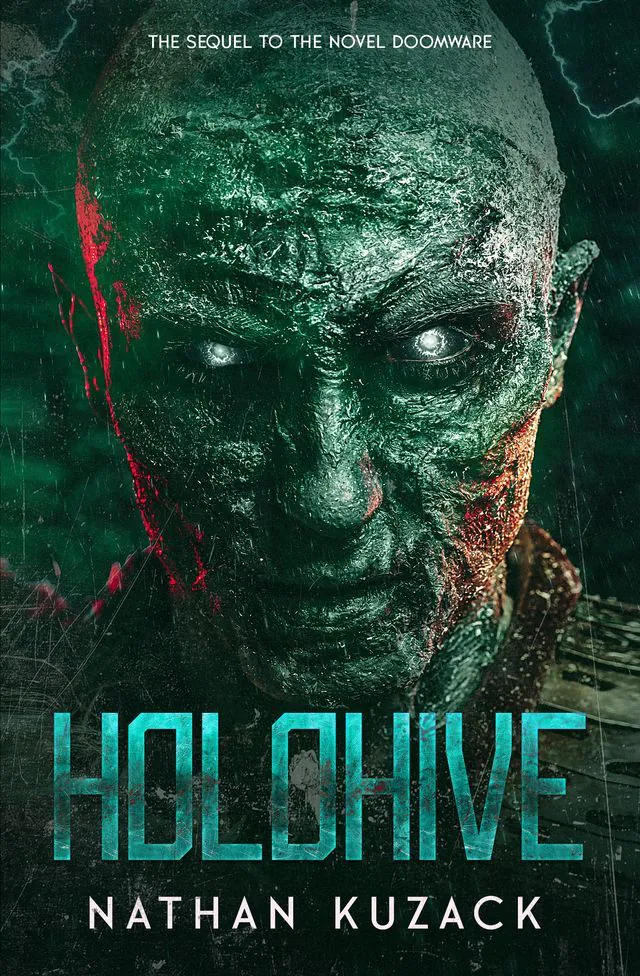  |
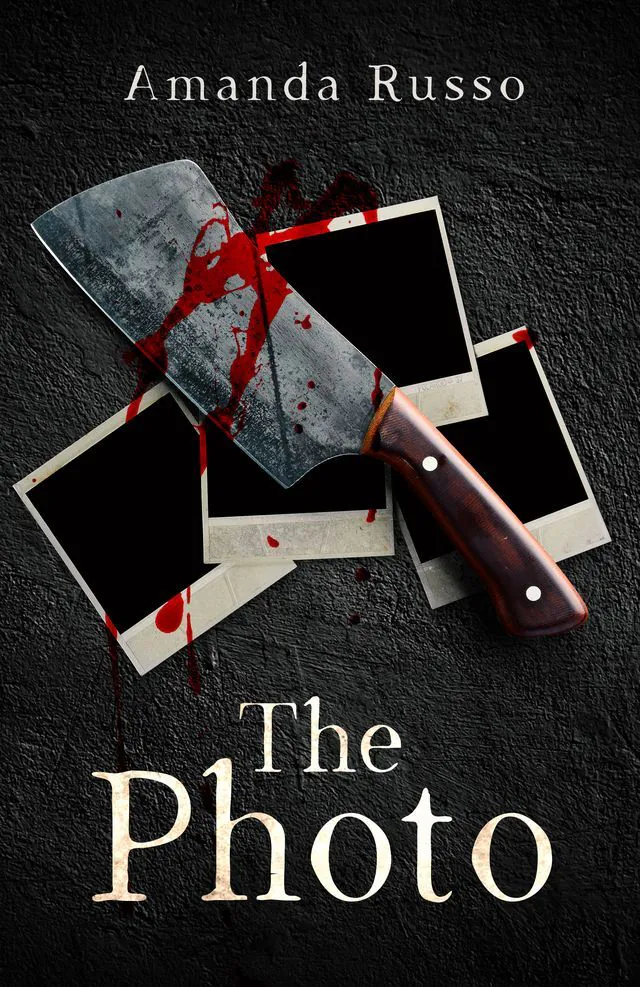  |
Book cover design by Getcovers
Science fiction
Science fiction explores ideas about the future, technology, space, or alternate worlds. These stories imagine what could be possible, from intergalactic adventures to dystopian societies or AI-run worlds. Sci-fi can be light and fun or deep and philosophical.
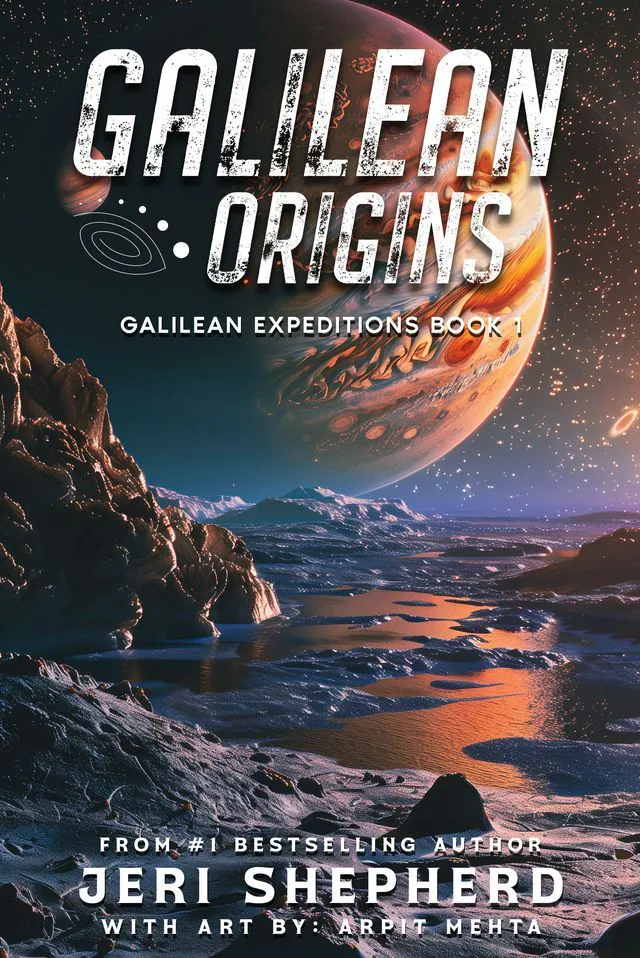  |
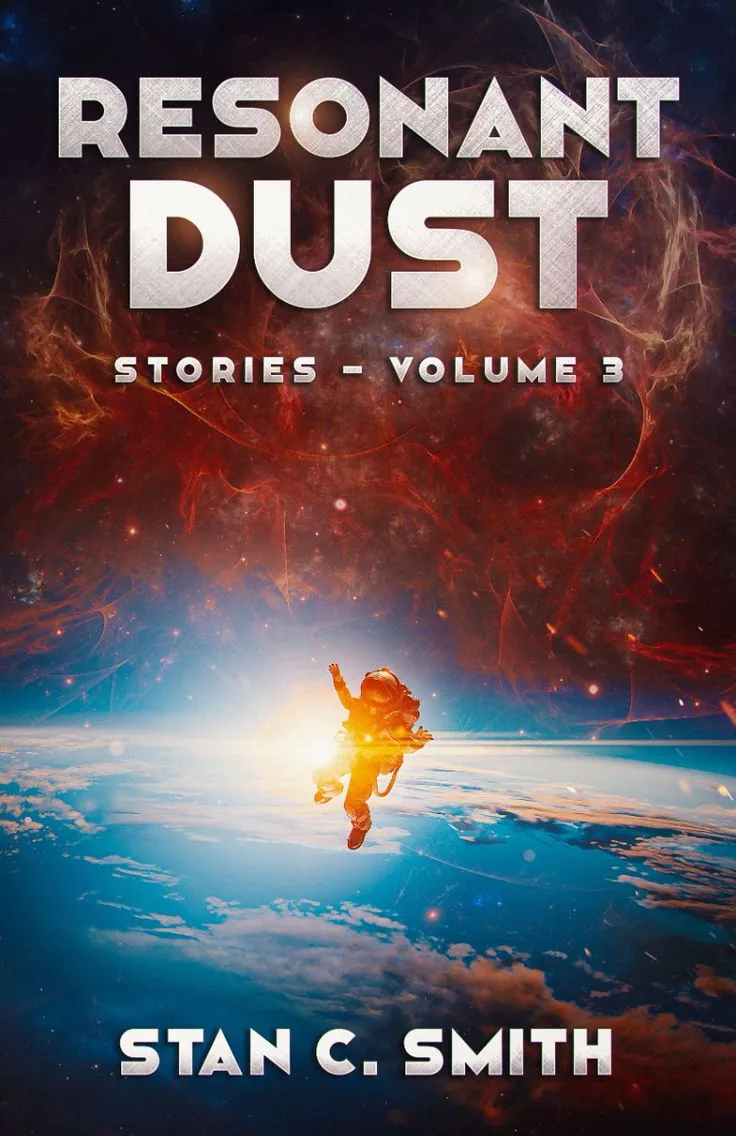  |
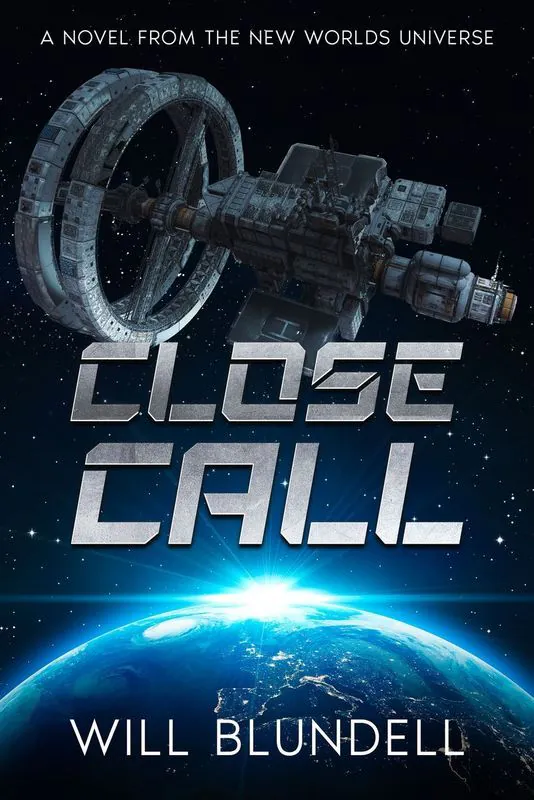  |
Book cover design by Getcovers
But genres aren’t rigid boxes. They often blend together. It’s totally normal to write something like romantasy, which mixes romance and fantasy story elements into one compelling novel. In fact, genre mashups are often what make a book stand out.
Each genre also includes a range of subgenres. For example, romance can take many forms, like paranormal, contemporary, historical, or even romantic suspense. Exploring these layers and experimenting with multiple genres can help you find the exact niche that fits your story best.
Popular non-fiction genres
Not every book tells a made-up story. Non-fiction is all about real-life topics, facts, questions, experiences, and insights. If you’re writing non-fiction, your genre will usually reflect the purpose of the book, namely to inform, inspire, or help.
Memoir
A memoir is a slice of someone’s life, written from personal experience. It focuses on key events or themes, like a journey through grief, a major career change, or a meaningful adventure. It’s not about listing everything that happened but sharing a story that resonates.
Self-help
Self-help books aim to guide readers through a challenge or help them improve some part of their lives. Whether it’s about confidence, productivity, relationships, or mental health, the tone is often encouraging and practical.
Business
Business books can offer advice, case studies, or strategies for success. They might focus on entrepreneurship, leadership, marketing, or personal finance, anything that helps readers grow in their careers or build something of their own.
Personal development
This genre overlaps a bit with self-help, but it’s often more focused on mindset, growth, and inner change. It might explore habits, creativity, goal-setting, or emotional intelligence, all aimed at helping readers understand themselves better.
True crime
True crime books dive into real criminal cases, often with a journalist’s eye for detail. They can be gripping, intense, and sometimes unsettling but always rooted in real events and research.
History
History books explore past events, figures, or eras. Some are academic and in-depth, while others aim to tell engaging stories that bring the past to life for a general audience.
How to figure out which genre is right for you
Choosing the right genre can feel like a big decision, especially if you enjoy reading and writing lots of different things. Here are a few ways to narrow it down and find the best fit for your story and your voice.
1. Follow your curiosity
What sparks your imagination?
Pay attention to the stories that light you up, the ones you can’t stop thinking about. When you write in a genre you genuinely enjoy, the process feels more exciting and less like a chore.
Ask yourself:
- What kinds of books do I read most often and finish? Suspense, romance, fantasy?
- Do I love emotional stories, high-stakes drama, fast-paced action, or lyrical writing?
2. Lean into your writing strengths
Everyone has a natural writing voice. Maybe you’re great at natural dialogue, or maybe you love building rich and detailed worlds. Paying attention to your strengths can help you choose a genre that lets your writing shine and create the next bestseller.
3. Don’t chase trends
It’s tempting to pick a genre just because it seems popular or profitable. But writing a book takes time, and trends move fast. If your heart’s not in it, readers will notice this wrong genre. Choose something you care about, not something you think will sell.
4. Keep your reader in mind
Think about who you’re writing for. Are your stories better suited for teens or adults? Do you imagine your book being read for fun, for comfort, or for learning? Knowing your target audience helps shape your tone, themes, and storytelling style.
Consider:
- Who do you imagine holding your book in their hands?
- What are their age, hobbies, and interests?
- What emotions do you want them to feel?
- How much worldbuilding, romance, or action will they expect?
5. Experiment and explore as an author
Still not sure? That’s perfectly normal, especially if you’re just starting out. Sometimes the best way to discover your genre is by trying different things. Let yourself explore without pressure.
You could:
- Write a few short stories in different genres and see what flows
- Join writing prompts or themed challenges online
- Reimagine an existing story idea in a different genre just for fun
Remember: your genre can evolve. Many writers cross genres or discover their voice by experimenting. You’re not locked into one path, you’re just starting the journey.
Summing up
Choosing the right genre for your book isn’t about limiting yourself. Genre helps you connect with readers who love the kind of experience you’re creating, and it gives your writing direction and focus.
So, don’t be afraid to mix genres, explore subgenres, or experiment until something clicks. The most important thing is to write a story that feels true to you because when you love what you’re writing, your readers will feel it too.
If you’ve already found your genre, share it with us in the comments. Or, maybe, there is a genre you’d like to try for future books!







